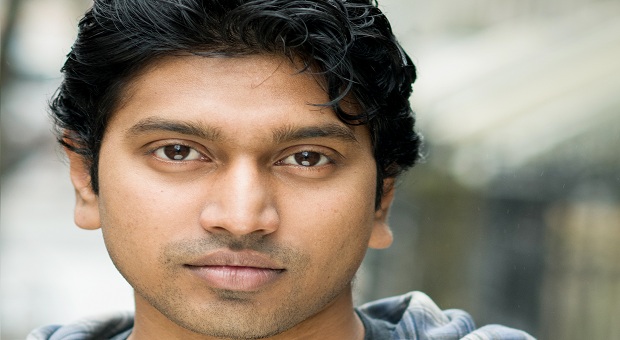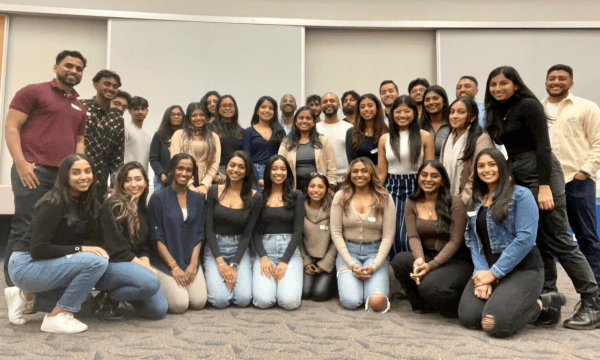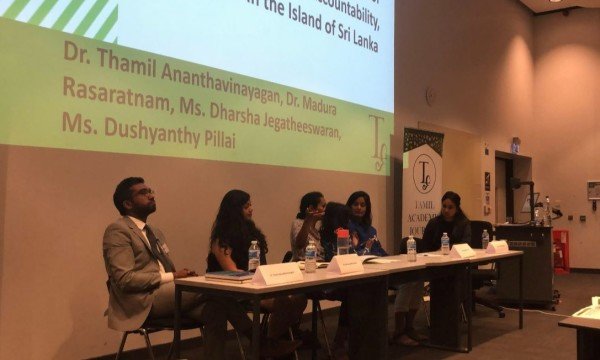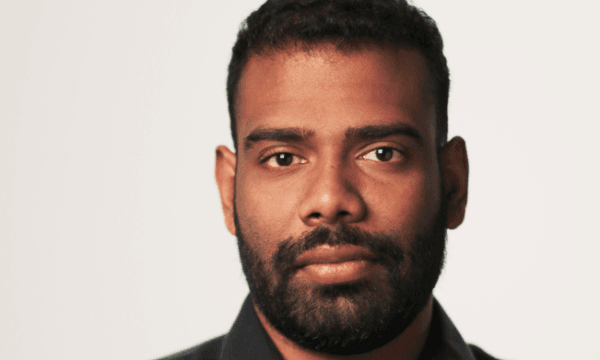
Why are there only a handful of coloured people who are successfully playing lead roles in television/films? When I tweeted Samrat Chakrabarti about this topic, he hinted at something we are all familiar with: stereotypes.
Characters of colour on television ooze stereotypes. The Indian character is stereotypically Indian, the most common stereotype being the strong accent. Karan Brar, who plays Chirag in the “Diary of a Wimpy Kid” film series, and Ravi on the Disney Channel show “Jessie”, is just one example. He doesn’t really have an Indian accent, but had to adopt one for both of these roles. It’s as if they’re implying that having an accent is the most important attribute needed to associate you with a specific culture.
To investigate the lack of diversity in mainstream entertainment further, TamilCulture got in touch with Shelly Antony, a budding actor.
TamilCulture: Tell us how you began to pursue acting.
Shelly Antony: I started to take acting seriously in my third year at the University of Toronto. I attended the Scarborough Campus and they had a small black box theatre, maybe 75 seats. I wanted to start acting again and so I went out for an audition at the school’s theatre department and started getting roles. I did about four plays in two years. I also did short films and won a few best actor awards at the school’s film festival. My family and friends told me to pursue it. And so I did.
But I wanted to get training, serious training. So I auditioned for drama schools in NYC and got into one. I’m in my third year of M.F.A in acting at the New School for Drama in NYC. Drama schools are competitive to get into. I was one of 25 actors selected out of hundreds. So I’m very lucky.
One of my favorite projects so far was when I played Aathi in Lenin M. Sivam’s latest feature film “A Gun & A Ring”. It was amazing. So I’m very blessed. Lenin Anna is a mentor to me and he’s a very talented director and writer. The film is doing well. It recently had its Toronto premiere and we got a lot of good reviews.
TC: What has your experience been like as you’ve entered the film industry?
SA: The entertainment industry is one of the most difficult places to get a foothold into. It is naturally a competitive industry. Not only are you trying to make yourself a better actor, singer, dancer etc; but you are also directly up against a ridiculous amount of other people who want the same job as you. Talent, unfortunately, is not the only factor that comes into play when trying to land a gig. The way you look is very important. Who you know is another important issue that arises, especially when you are navigating the world of casting directors, agents and managers.
That being said, it is a unique world. It is has its own rules, customs and traditions. Yes, new standards are being set, but in many ways the people who are at the top don’t really like to see things change, because it becomes a threat to their own security. My own experience has been mixed and I think I can say that about a lot of other actors as well. There have been times when projects have come to me without much work. But on the flip side there have been situations when I have worked extremely hard for auditions and I don’t even get a call-back. In a way, like many other things in life, things in this business aren’t one way or another.
TC: Why do you think there are so few people of color in the mainstream?
SA: I think it’s the business side of things. There are filmmakers and writers who write diverse scripts. But these scripts and ideas aren’t being produced. In the end it becomes a matter of money. The people who push the green light have to relate to scripts and stories and they have to be confident that the movie will make its money back. If you’re story is about a specific culture or ethnicity then it might not be appealing enough to produce or should I say given MONEY to produce. That’s a shame, a real disappointment.
But we can’t expect other people to tell our stories. We have to do it ourselves. That’s why Lenin M. Sivam is a pioneer. He went his own way. That’s why I thank my parents for encouraging me to do what I love.
We need young filmmakers to tell our stories and I think it’s beginning to happen. What we’re lacking are producers, mangers and agents of color. Those are the men and women who get stuff made. We actors, we’re at the bottom of the totem pole when it comes to producing projects.
TC: What kind of challenges do you think they face?
SA: I think the challenges they face is getting the equal opportunity to be seen in the same vein of characters as white actors. I want to play Hamlet one day. But I might have to produce it myself.
If you want to make a living as an actor you are going to have to play the taxi driver or the 7-11 guy. It’s called paying your dues. Just like black actors and Italian-Americans have to play gangsters. Just like Irish-Americans have to play drunks or wife beaters. Just like East Asian actors have to play nerds. It is awful. But stereotypes will rule the world until we change our thinking.
TC: Do you have any tips for others who are passionate about acting?
SA: I urge anyone who wants to be an actor to take classes. You need to study, in my opinion, for at least two years. That’s the advice that older actors gave me when I wanted to pursue acting. And make sure you have a good support system of family and friends. I’m very lucky to have an extended family that supports my passion. Once you start taking classes you will slowly start to understand about auditions and landing agents and etc.
Hollywood has definitely progressed over the years, but there’s always room for improvement. In this video, Maulik Pancholy discusses his role as Jonathan in “30 Rock”, and Baljeet in “Phineas and Ferb”, and how he thinks Hollywood is advancing in terms of being diverse and truthful in their portrayals of characters. Let’s hope this trend continues!

























